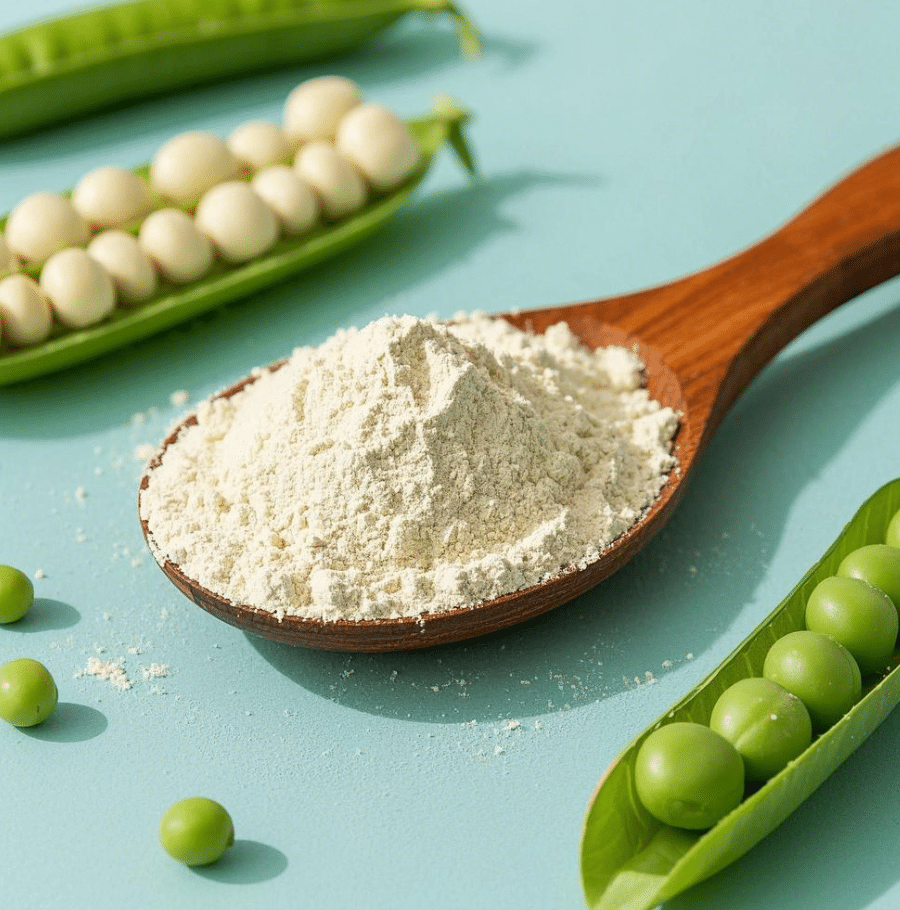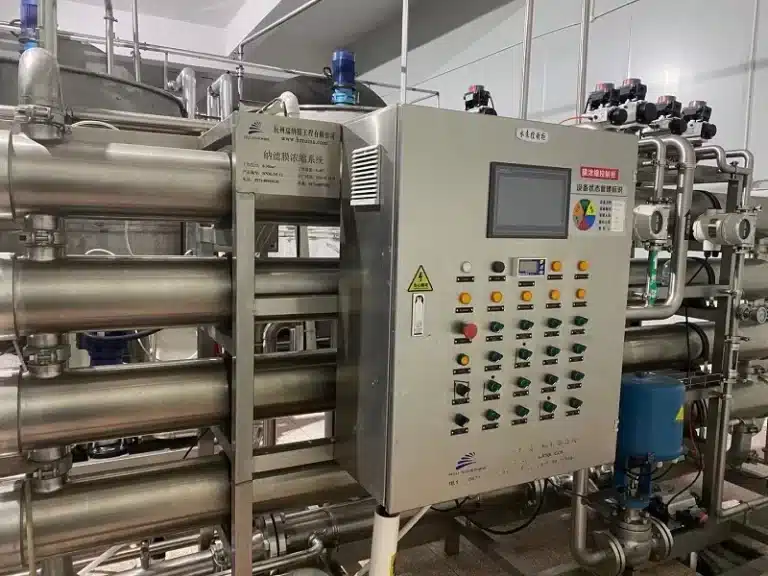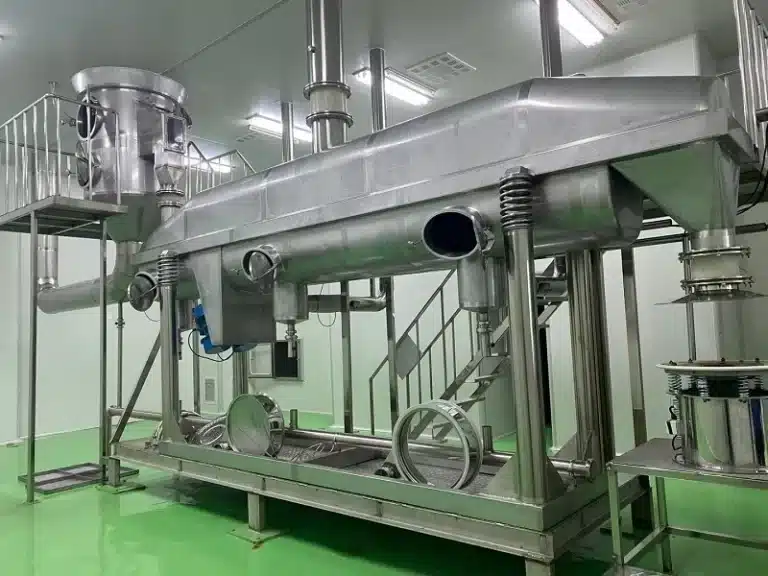
pea protein manufacturer
Pea protein is a high-quality, plant-based protein derived from yellow peas. It is a popular ingredient in various food products, dietary supplements, and animal feed due to its excellent nutritional profile, hypoallergenic properties, and functional benefits. As a leading pea protein supplier, we are a reputable pea protein factory based in China, specializing in pea protein wholesale. Our commitment to quality ensures you receive pure and effective pea protein for your needs. We are dedicated to providing global customers with superior pea protein products.
Please note: We are a wholesale supplier and have minimum order quantities.
Have questions about this product? Our team is here to help. For inquiries about multiple ingredients, please use the Contact Us option and include the list of ingredients in your message.
- Pea protein CAS No.: 9000-84-4
- Chemical Name: Protein hydrolyzate, pea
- Synonyms: Pea protein isolate; Pea protein concentrate; Pea protein powder; Hydrolyzed pea protein
- CB Number: CB8180425
- Molecular Formula: N/A (Pea protein is a complex mixture of proteins, not a single molecule with a defined formula)
- Molecular Weight: N/A (Varies depending on the specific protein fractions)
- MDL Number: MFCD00216773
Pea Protein Manufacturing Process
1. Raw Material Selection & Cleaning
High-quality yellow peas are carefully selected and thoroughly cleaned to remove impurities.
2. De-hulling & Grinding
The cleaned peas are de-hulled to remove the outer skin, then ground into fine pea flour.
3. Protein Extraction
The pea flour is mixed with water, and protein is extracted using an alkaline solution, separating it from starch and fiber.
4. Protein Precipitation
The pH of the protein solution is adjusted to precipitate the protein, making it insoluble.
5. Centrifugation & Washing
The precipitated protein is separated from the liquid through centrifugation and then washed to remove residual impurities.
6. Drying
The washed protein curd is carefully dried using spray drying or other suitable methods to achieve a fine powder.
7. Milling & Sieving
The dried pea protein is milled to a desired particle size and sieved to ensure uniformity and purity.
8. Quality Control
Rigorous quality control checks are performed at each stage to ensure the final product meets specifications.
9. Packaging & Storage
The finished pea protein powder is carefully packaged and stored in optimal conditions for freshness and longevity.
Why Choose Gensei as Your Pea Protein Supplier?
Choosing Gensei as your pea protein supplier means partnering with a leading pea protein factory committed to excellence. Our state-of-the-art manufacturing facilities in China ensure that every batch of our pea protein meets the highest global standards for purity and quality. We specialize in pea protein wholesale, offering competitive pricing without compromising on product integrity. Our extensive experience as a pea protein supplier allows us to provide consistent, reliable supply for businesses worldwide, making us your ideal partner for all your pea protein needs.
Features of Pea Protein:
- High Protein Content: Excellent source of complete plant-based protein, containing all nine essential amino acids.
- Hypoallergenic: Naturally free from common allergens like dairy, soy, and gluten, making it suitable for sensitive individuals.
- Highly Digestible: Easily digested and absorbed by the body, minimizing digestive discomfort.
- Neutral Flavor Profile: Has a mild, neutral taste that blends well into various food and beverage formulations.
- Sustainable and Eco-Friendly: Peas are a sustainable crop, requiring less water and land than animal-based proteins.
- Good Solubility and Mixability: Forms smooth solutions, making it easy to incorporate into products.
Application Scenarios for Pea Protein:
- Nutritional Supplements: Protein powders, meal replacement shakes, and protein bars.
- Plant-Based Foods: Dairy-free yogurts, cheeses, and milk alternatives; meat substitutes (burgers, sausages).
- Baked Goods & Confectionery: Enhancing protein content in bread, cookies, and other snacks.
- Sports Nutrition: Recovery drinks, pre-workout formulas, and muscle-building supplements.
- Functional Beverages: Protein-fortified juices, smoothies, and other drinks.
- Animal Feed: As a protein source in pet food and livestock feed.
- Infant Formula: As an alternative protein source for specialized formulas.
Our State-of-the-Art Manufacturing Facilities
Explore our modern facilities equipped with advanced technology to ensure the highest quality in the production of your vitamins, herbal extracts, minerals, and amino acids.











FAQs
Pea protein is a high-quality, plant-based protein extracted from yellow peas. It's a complete protein, meaning it contains all nine essential amino acids necessary for human health.
Yes, pea protein is an excellent plant-based protein source, making it ideal for vegan and vegetarian diets.
Yes, pea protein is naturally gluten-free, making it a safe option for individuals with gluten sensitivities or celiac disease.
Yes, pea protein is inherently free from dairy and soy, making it a great alternative for those with allergies or intolerances to these common allergens.
Pea protein supports muscle growth and repair, aids in weight management by promoting satiety, and is easily digestible. It's also rich in iron and beneficial for overall health.
The manufacturing process involves de-hulling and grinding peas, followed by a wet extraction method to separate protein from starch and fiber, then precipitation, washing, and drying to produce a fine powder.
Pea protein concentrate typically contains 50-80% protein, while pea protein isolate can range from 80-90% protein or higher.
High-quality pea protein usually has a mild, neutral, or slightly earthy taste, making it versatile for various applications.
Absolutely. Pea protein is a popular ingredient in baking to boost protein content in bread, cookies, and other recipes. It can also be added to smoothies, soups, and sauces.
Peas are a highly sustainable crop. They require less water and land compared to animal-based proteins and can enrich soil quality, making pea protein an environmentally friendly choice.

